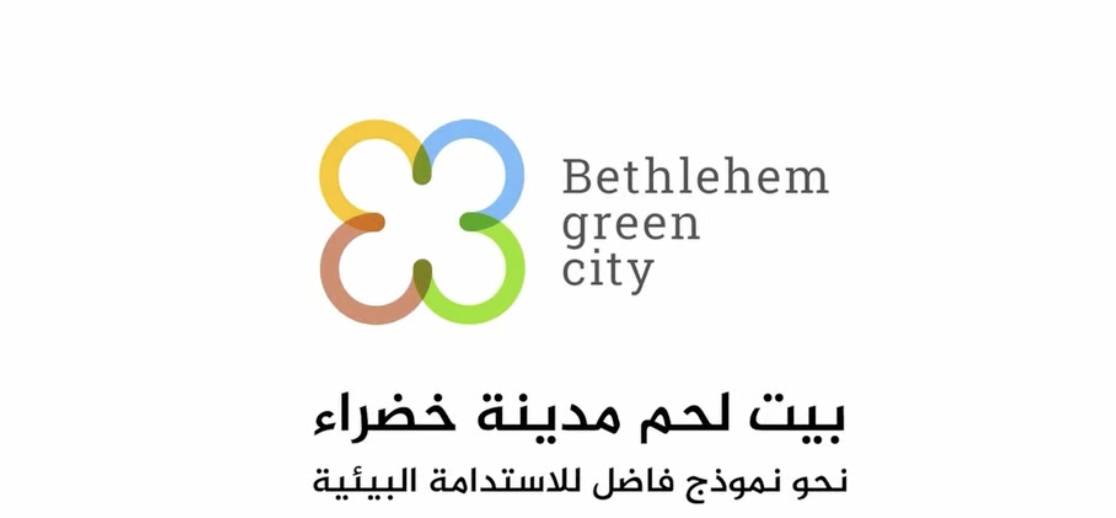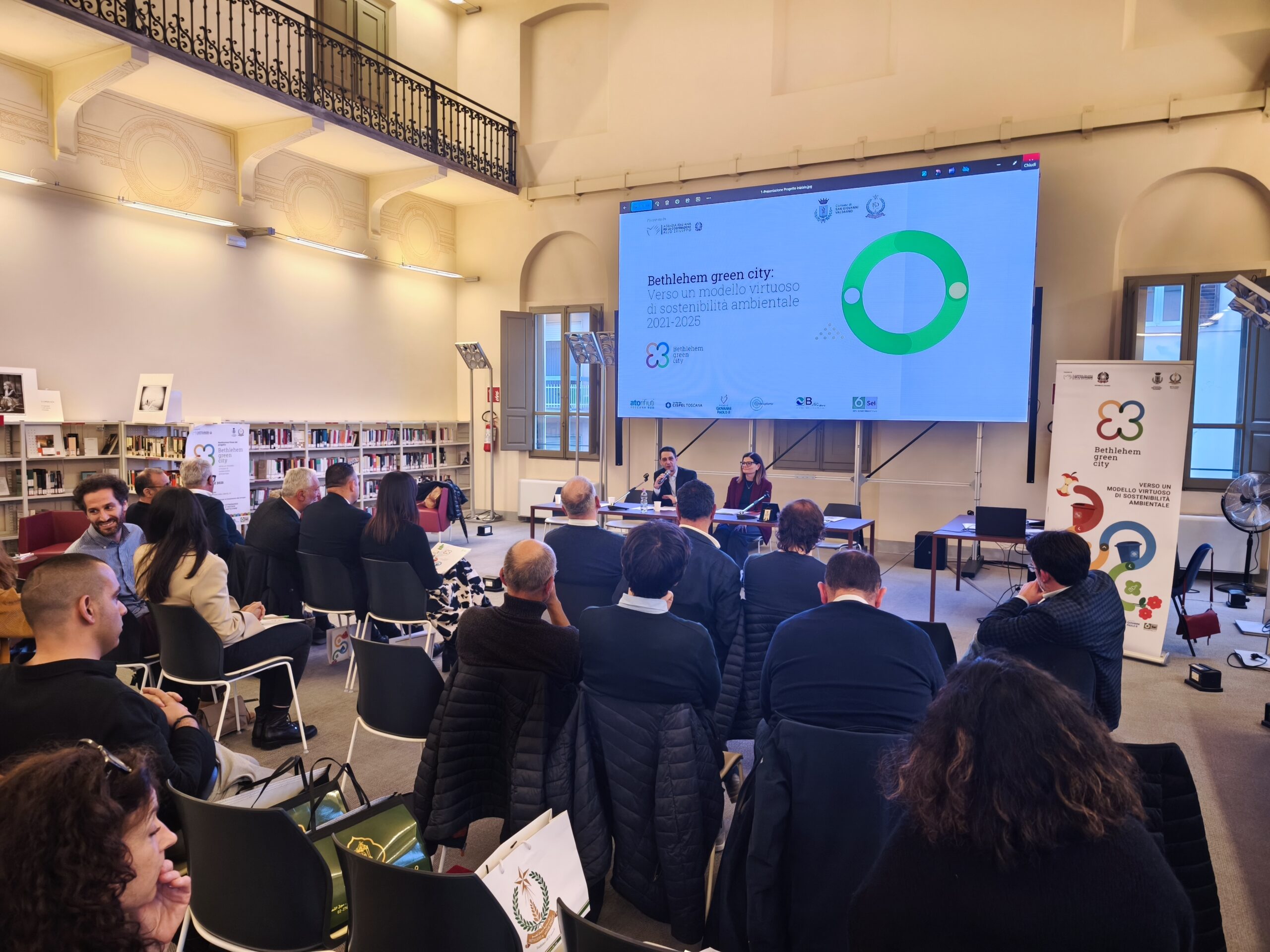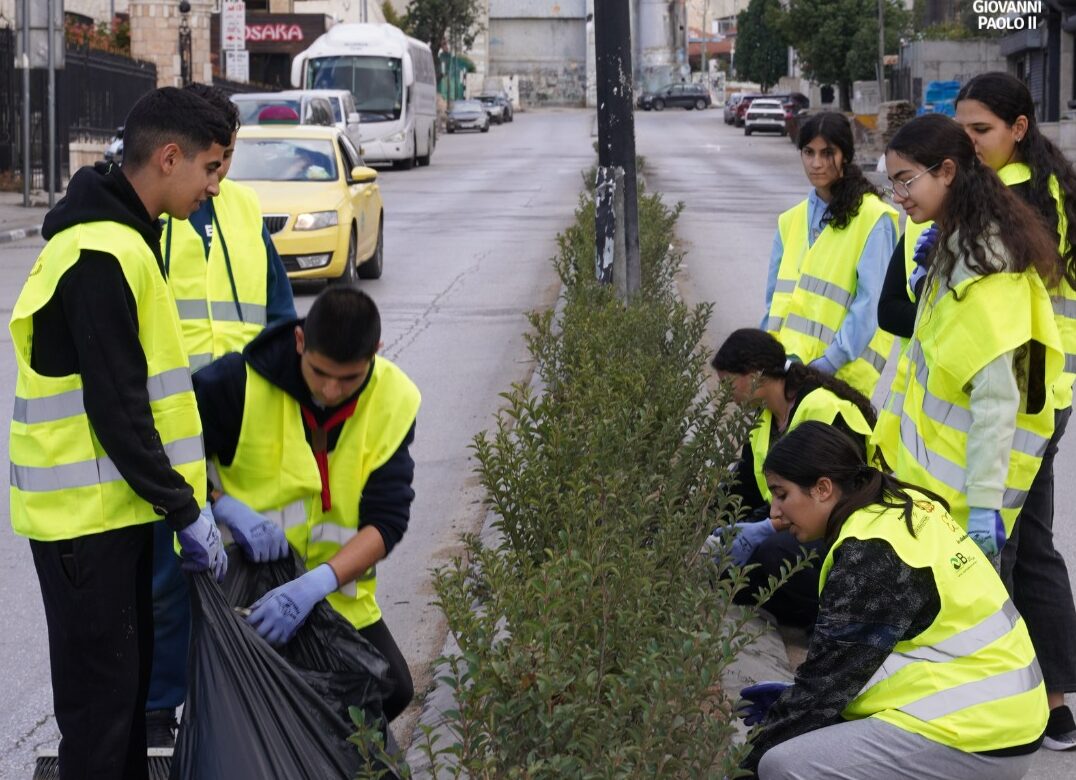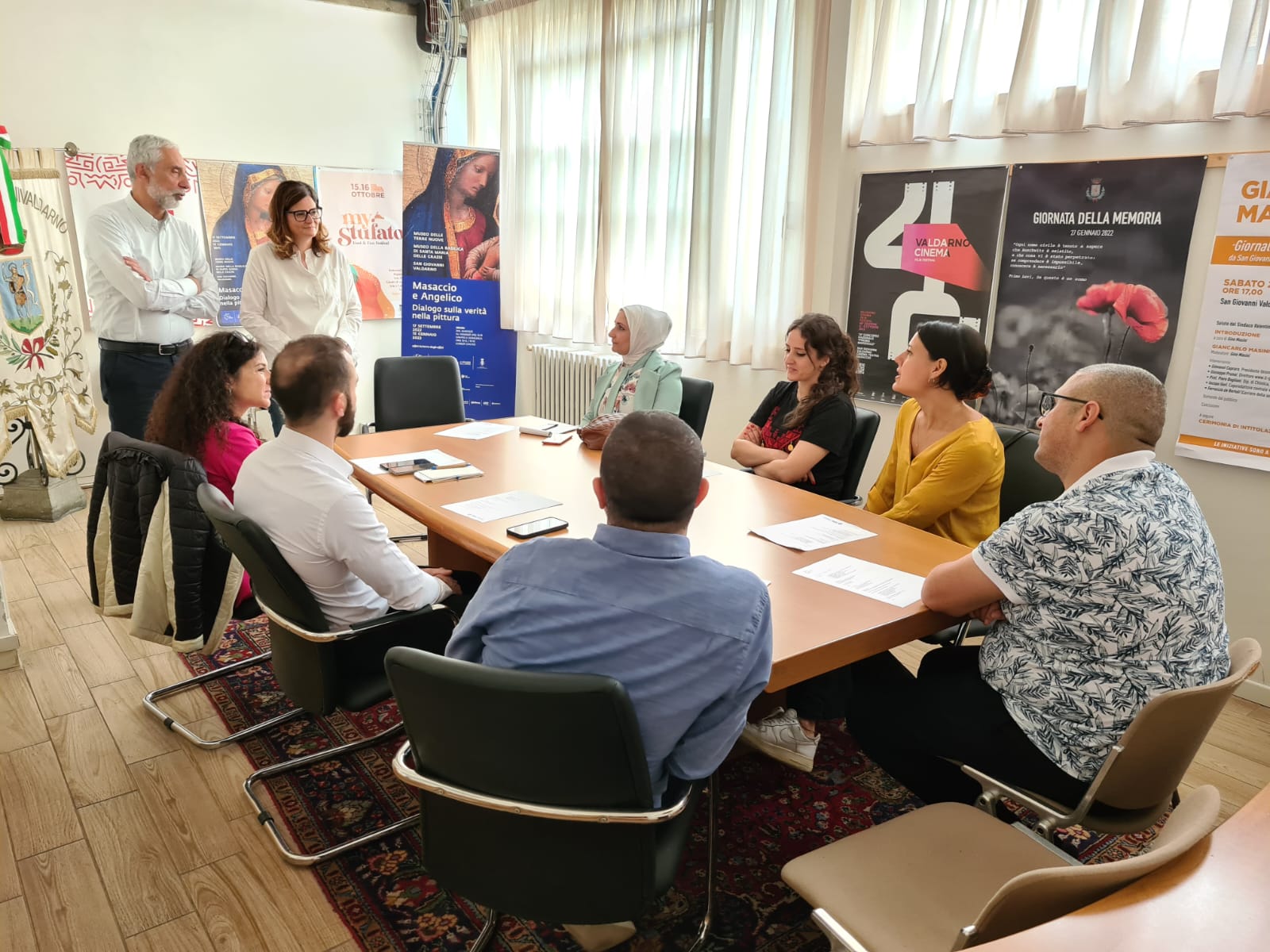
Close

Approach Words: Capacity Building, Comprehensive Management, Environment Preservation
Public Policy Instruments: Communicative, Financial Mechanism, Organization, Physical Intervention, Planning
The Green City Project is an innovative municipal solid waste (MSW) management and circular economy initiative in Bethlehem, in the West Bank of Palestine. It aims to support institutional capacity-building and local economic development through sustainable waste practices.1
The Green City Project also seeks to promote source-separated waste collection, the establishment of an Eco-Center, and community-based circular solutions.2 Through this integrated approach, the project supports both institutional development and community engagement in environmental sustainability.3
It envisions “transforming Bethlehem into a model of urban environmental sustainability”, as a strategic step toward modernizing waste management systems, enhancing community engagement while contributing to the environmental and socio-economic well-being.4

Title: Bethlehem Green City Project Logo
Source: Click Here

Title: Awareness Workshop on Waste Generation and Management
Source: Click Here

Title: Volunteer Activity Focused on Cleaning and Planting the Streets of Bethlehem as Part of the Project
Source: Click Here

Title: Capacity Building Workshop on Circular Economy with five start-ups in Bethlehem.
Source: Click Here
The project focuses on strengthening the capacities of Bethlehem Municipality and the Joint Services Council for Solid Waste Management (JSCSWM), the body responsible for waste management in the area, to improve waste management and implement circular economy practices. Its strategy centers on four key components:5
The Bethlehem Green City Project was initiated by the Municipality of San Giovanni Valdarno (Italy), in close partnership with the Municipality of Bethlehem and the Giovanni Paolo II Foundation.6 It is funded by the Italian Agency for Development Cooperation (AICS), with financial support channeled through both the Municipality of San Giovanni Valdarno and the Giovanni Paolo II Foundation.7 The total project budget is approximately $1,699,085.8


Owner/Developer
Implementation is carried out in coordination with the Joint Services Council for Solid Waste Management (JSCSWM), which plays a key role in the project’s operational aspects.9 The partnership also includes ATO – Southern Tuscany Waste Authority, which contributes with technical expertise in municipal solid waste (MSW) management, as well as Confservizi Cispel Toscana, SEI Servizi Ecologici Integrati Toscana Srl, and GEOexplorer Social Enterprise.10
Project Link
https://www.fondazionegp2.org/2022/10/12/bethlehem-green-city/
Endnotes
N.A.
References